Supplier Diversity Certification

Is America making progress with its initiative to support under-represented small businesses?
As businesses in America search for ways to recover from the COVID-19 induced economic crisis, it is essential for small businesses to take a closer look at supplier diversity certification and see how it can aid them.
Simply put, the supplier diversity initiative encourages big companies and government agencies to use under-represented and or previously disadvantaged service providers as suppliers of goods and services. The list of these previously disadvantaged and under-represented categories is extensive, however, most businesses in America create their supplier diversity programs to consist of the following groups:
- Minority and women-owned businesses.
- Businesses owned by veterans as well as service-disabled veterans.
- Businesses owned and operated by gay, lesbian, bisexual, and transgender people.
- Those located in historically underutilized business-zones, and small businesses in general.
In this article, we are going to briefly look at the major Supplier Diversity Certification Organizations, their key criteria for certification, and how certified businesses can benefit by getting accreditation from those organizations.
The U.S. Federal Government is the largest customer for minority and small, disadvantaged or underrepresented businesses. State and local governments have programs of varying success and events in 2020 led many corporations to increase their commitment to contracting diversity certified suppliers.
Outside of government contracts, there are no regulations that require this initiative. For most large corporates, it simply makes business sense and positions them as socially responsible organizations that promote supplier and workforce inclusiveness.
Consequently, opportunities are increasing for more previously disadvantaged businesses to gain access to large contracts and customers. That is why more than ever it is crucial to get your business the necessary diversity certification if it qualifies.
While not all corporations require certification, it gives your business the best chance to be discovered by the federal government and other organizations looking to hire under-represented small businesses. Other benefits include access to networking portals as well as development and educational platforms that uncertified small businesses cannot access.
Some of the Supplier Diversity Certification Organizations
For a business to be certified as diverse-owned, you will need to pinpoint the business’s eligible classification. Only after doing so can you then approach the corresponding agency to commence the process. Below are a few of the agencies that you can approach to seek certification for your business.
National Minority Supplier Development Council (NMSDC)
The National Minority Supplier Development Council is one of the foremost supplier diversity certification agencies in the United States. Its efforts to create a favorable business landscape for underrepresented and previously disadvantaged businesses can be seen through its hundreds of corporate members and the thousands of small businesses the council supports.
Besides giving small minority-owned businesses an opportunity to work with some of the country’s biggest organizations, the council also offers educational programs, networking events, and other schemes crafted to fight racial inequalities in business.
The council has also just launched the Rebuilding Fund, a special fund they are using to invest in struggling minority businesses affected by the coronavirus pandemic and small minority-owned businesses that were affected by vandalism during violent protests. Their criteria for certification are as follows;
- Certification applies only to businesses owned by American citizens
- The businesses must be at least 51% owned and controlled by minorities. (Eligibility will be established using the council’s specific methods and tactics.)
- The business must be a for-profit enterprise that operates from the United States and/or its trust territories
- The business needs to be managed and operated daily by the minority owners.
The National Minority Diversity Certification Council has a large network of regional affiliates across the United States and a national office in New York. They have worked with and certified more than 12,000 minority-owned small businesses, and opened paths for them to previously unavailable opportunities.
Its list of over 1,400 partners extends beyond corporations and government agencies to universities and hospitals. Its reach and influence allow it to provide ample support to any minority-owned business looking for ways to level the playing field.
Women’s Business Enterprise National Council (WBENC)
The Women’s Business Enterprise National Council is regarded as the largest certifier of women-owned businesses. The council is also a leading advocate for women business owners and entrepreneurs through its ability to foster engagement and change via networking. They also offer tailored solutions that address various issues women face in setting up and running businesses.
Some of these solutions include public campaigns to promote women-owned businesses, education, and grants. The council has a newly launched platform that helps women deal with the devastating effects of Covid-19 on small businesses as well as advisory councils, ambassadors, and an awards program that recognizes women impacting the business world.
The council’s endorsement comes with a list of over 1,000 American corporations, cities, and states, all ready to work with women-owned small businesses. For a business to be certified by the WBENC it has to meet the following criteria:
- Ownership, management, and control of the business have to be at least 51 percent in favor of women.
- Formal documentation and site visits are used to authenticate the business’ diversity claim. These are administered by one of WBENC's 14 Regional Partner Organizations
The WBENC certification gives women-owned businesses a chance to compete for various opportunities offered by their wide range of corporate members and government agencies. If your business meets the required qualifications, the next step in the process is to gather together all of the required documentation and approach the council for certification.
National Gay & Lesbian Chamber of Commerce (NGLCC)
The National Gay & Lesbian Chamber of Commerce encourages its large list of corporate partners to hire certified LGBTQ+ owned small businesses. To qualify for certification your business must meet the following criteria;
- Majority of business owned, controlled and managed by LGBT persons (must be legal US citizens)
- Business owners and leaders must exercise independence from any non-LGBT business enterprises
- The company needs to have been formed and must have its principal place of business in the United States
All certified members have access to networking opportunities with other local LGBTQ+ owned businesses as well as access to local and national programming and events. More information on necessary documents required as well as a full range of benefits can be found on NGLCC’s website.
Vets First Certification Program
The Vets' First Certification Program grants verified small businesses owned and controlled by vets and service-disabled veterans the opportunity to compete for set aside Veteran Affairs contracts, among other benefits.
The program also offers verification assistance and counselors to all veteran owned and controlled businesses in a bid to make the process as smooth as possible. Among other forms of aid, the program also helps homeless vets, women veterans, and minority veterans. For a business to qualify at least 51% of it must be owned by one or more veteran(s) or service-disabled veteran(s).
Finding the right diversity certification for your business.
While these are some of the largest diversity certification agencies in the country, there are many more organizations that provide diversity certification to various small businesses owned by previously disadvantaged groups across the United States. To get certified, identify the minority certification your business falls under, then contact the right agency that can provide you with the accreditation and support you need. Today, almost every small business across the country is grappling to survive the economic meltdown and the new normal. If your business falls under any underrepresented group, get it certified and start looking for new opportunities.
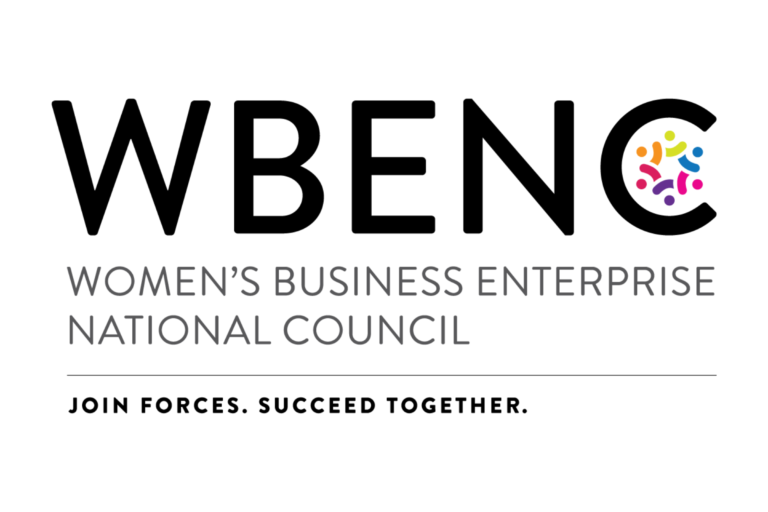
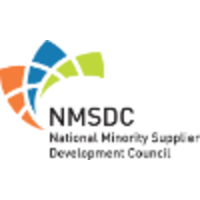
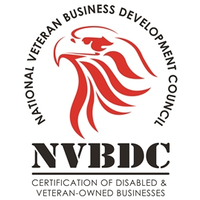

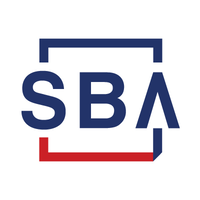
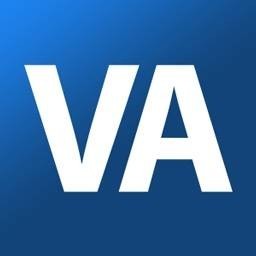
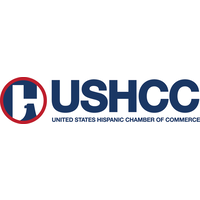
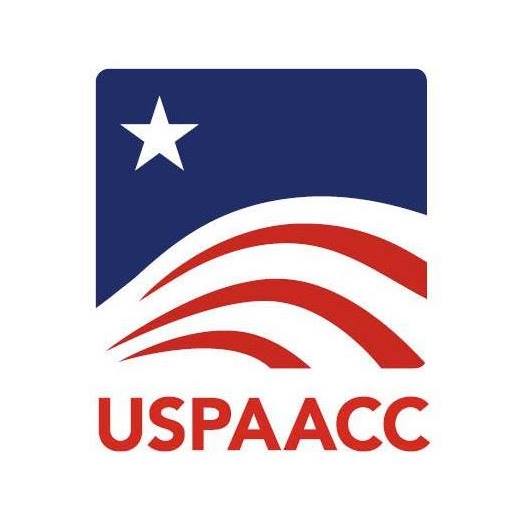
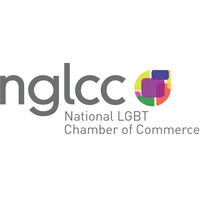
Share your thoughts
Please log in to comment